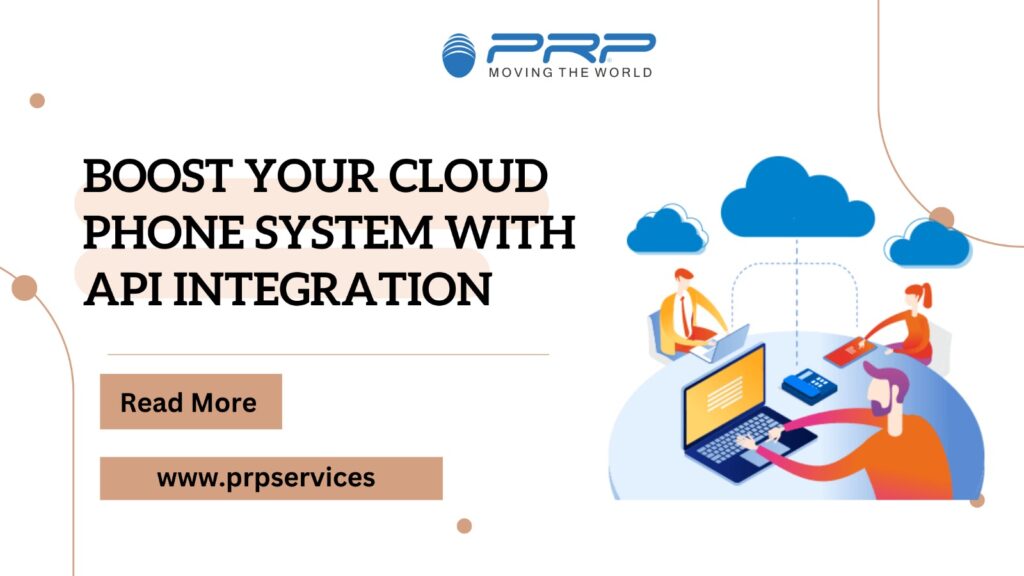API integration is the hero of the cloud telephony . It’s what transforms a basic cellphone system into a powerful business tool. You free up a universe of possibilities by using connecting your phone system to other software program programs.
Imagine this: your CRM automatically updates with call info, your call center agents have instant access to customer data, and your advertising team can launch focused campaigns based on call data. This is the power of API integration in action!
Key Ingredients for Success
To make the maximum of API integration, focus on those critical components:
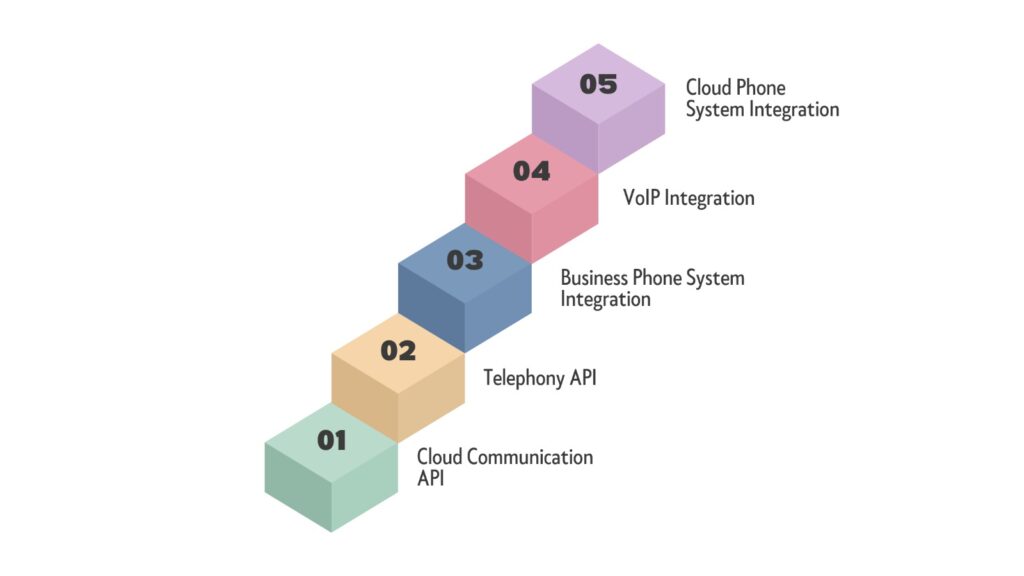
- Cloud Phone System Integration: Ensure your phone system is prepared with strong API abilities. This permits seamless communication among your cellphone device and other business applications, permitting actual-time statistics alternate and synchronization. For instance, a properly-integrated phone system can automatically log calls, replace purchaser data, and trigger notifications primarily based on call consequences.
- VoIP Integration: use the ability of VoIP to connect with various applications seamlessly. VoIP integration allows you to make use of net-based telephony services, lowering expenses and improving name nice. For example, integrating VoIP with a CRM can provide name pop-ups, allowing agents to view customer information earlier than answering calls.
- Business Phone System Integration: exchange your telephone system to particular enterprise desires thru integration. Whether it’s sales, customer service, or internal communications, integrating your cellphone system with enterprise programs enhances performance and productivity. For instance, combining a smartphone device with a help desk can automatically create support tickets based totally on incoming calls.
- Telephony API: Understand the technical components of APIs to integrate different systems effectively. Telephony APIs provide the building blocks for developing customized communication solutions cut for your enterprise necessities. For example, using a telephony API, you can build a custom application to research name statistics and generate performance reviews.
- Cloud Communication API: Explore broader integration options for a unified communication experience. Cloud communication APIs enable the integration of voice, video, messaging, and different communication services right into a unmarried platform.
Going Beyond the Basics
To truly maximize the potential of API integration, consider these advanced options:
- Cloud PBX Integration: Enhance your phone systems features with cloud-based PBX functionalities. Cloud PBX integration permits for advanced name control features together with call routing, automated attendants, and voicemail-to-email. For instance, you can installation an automatic attendant to course calls based totally on caller enter and combine it with a CRM to seize caller records.
- Contact Center API: Streamline name center operations and improve client interactions. Contact center APIs enable integration with CRM structures, imparting sellers with customer information and get in touch with records for personalized provider. For example, real-time customer statistics may be displayed on an agent’s screen during a call, permitting them to provide more effective help.
- Unified Communications API: Bring collectively voice, video, and messaging for a cohesive conversation method. Unified communications APIs facilitate seamless interaction throughout specific communication channels, improving collaboration and productiveness. For example, integrating e mail, chat, and video conferencing together with your smartphone machine can create a unified conversation hub for employees.
- CTI Integration: Integrate your cellphone system with computer systems for green workflows. Computer Telephony Integration (CTI) permits for automatic call coping with, display screen pop-u.S. consumer information, and integration with CRM and helpdesk systems. For instance, a CTI integration can mechanically pop up a client record when a name is obtained, saving retailers time and enhancing call-dealing with performance.
Benefits of API Integration in Cloud Telephony
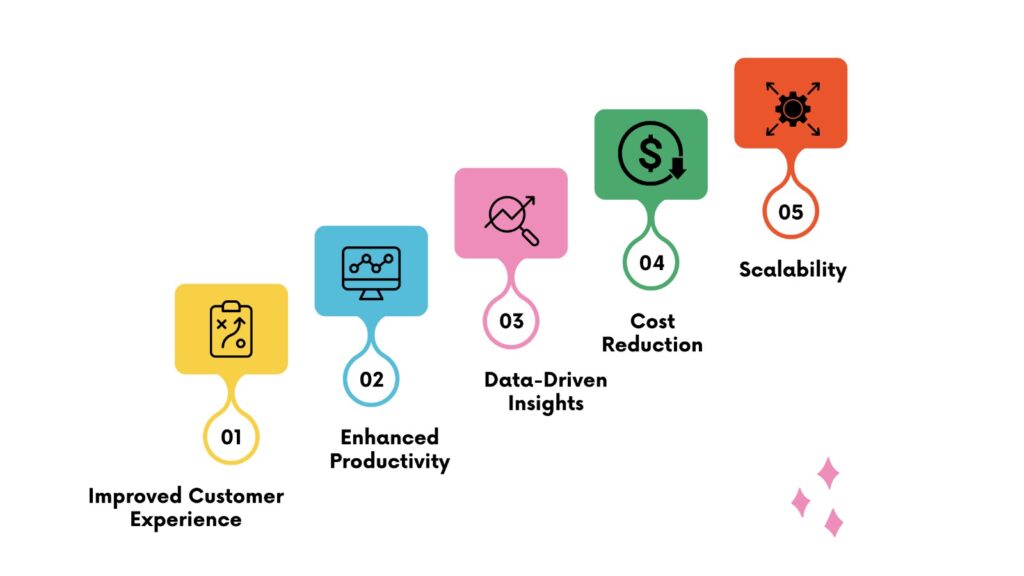
- Improved Customer Experience: Integrate with CRM systems to provide personalized interactions, access customer history, and resolve queries efficiently. As a result, customers are more satisfied and loyal. For example, by integrating your CRM with your phone system, you can provide agents with a complete customer view, enabling them to address customer needs effectively.
- Enhanced Productivity: Automate routine tasks, such as call logging, lead generation, and appointment scheduling, to free up employee time. Automation reduces manual errors and ensures consistent service delivery. For instance, automatic call logging can save agents time and improve data accuracy.
- Data-Driven Insights: Gather valuable call data, analyze performance metrics, and identify areas for improvement. Access to real-time data enables informed decision-making and strategy adjustments. For example, call analytics can help identify peak call volumes, average handle time, and agent performance metrics.
- Cost Reduction: Optimize call routing, reduce call handling time, and eliminate the need for additional hardware or software. API integration minimizes operational costs while maximizing resource utilization. For instance, by integrating your phone system with a help desk, you can reduce the number of calls transferred to agents.
- Scalability: Easily adapt to changing business needs by adding or removing features and users as required. Scalability ensures that your communication infrastructure grows with your business. For instance, as your business expands, you can easily add new users and features to your cloud phone system through API integration.
Features Enabled by API Integration
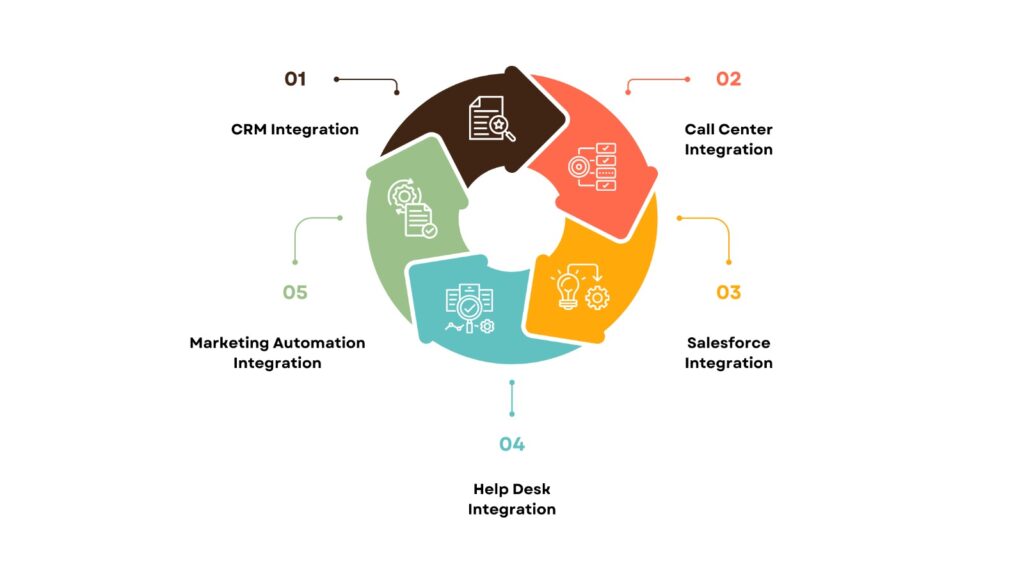
- CRM Integration: Synchronize customer data, log calls, and access customer information during calls. This integration enhances customer service by providing agents with relevant information during interactions.
- Call Center Integration: Manage agents, monitor performance, and route calls efficiently. Call center integration improves operational efficiency and helps in maintaining high service standards.
- Marketing Automation Integration: Trigger marketing campaigns based on call data, such as SMS or email reminders. Integration with marketing automation tools enables targeted and timely customer engagement.
- Salesforce Integration: Access customer information, create leads, and update opportunities. Salesforce integration streamlines sales processes and improves lead management.
- Help Desk Integration: Integrate with ticketing systems for efficient issue resolution. Help desk integration ensures quick response times and effective problem-solving.
Use Cases

- E-commerce: Integrate with shopping carts to offer real-time customer support, track order status, and facilitate returns. For example, customers can initiate returns or track order status through an IVR system integrated with the e-commerce platform.
- Healthcare: Improve patient experience, streamline appointment scheduling, and manage medical records. For example, patients can schedule appointments through an automated system integrated with the hospital’s EHR.
- Financial Services: Enhance customer service, verify customer information, and comply with regulatory requirements. For example, banks can integrate their phone system with fraud prevention systems to detect suspicious activity.
- Real Estate: Manage property listings, schedule showings, and follow up with potential clients. For example, real estate agents can use a virtual assistant powered by API integration to schedule property showings.
Why Choose PRP Services?
PRP Services offers strong API integration capabilities, allowing you to seamlessly connect your cloud telephony system with your existing software ecosystem. Our expert team will work closely with you to understand your needs and implement a customized solution.
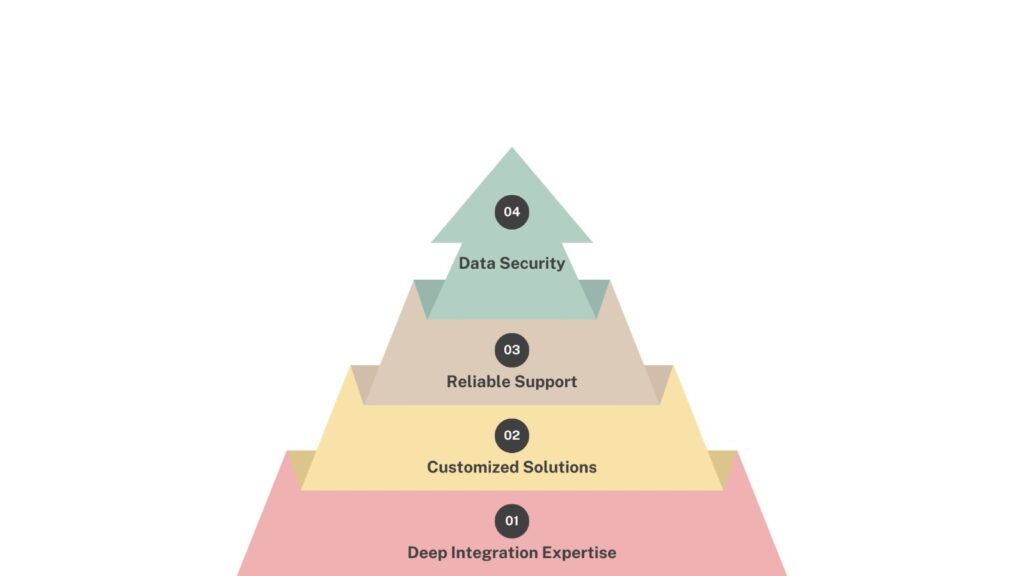
- Deep Integration Expertise: Our team has extensive experience integrating various software applications with cloud telephony platforms. We understand the technical and business aspects of API integration.
- Customized Solutions: Based on your unique business needs, we customize our services. Our solutions are designed to address specific challenges and deliver measurable results.
- Reliable Support: Our dedicated support team can assist you with any issues or questions. We provide ongoing support to ensure the smooth operation of your telephony system.
- Data Security: We prioritize the security of your data and comply with industry standards. You can be confident that your information is protected by our solutions, which are designed with strong security measures.
Testimonials
Frequently Asked Questions (FAQs)
API integration allows different software systems to communicate by exchanging data through defined protocols. APIs act as bridges, enabling seamless data sharing and functionality access between applications.
An example is an e-commerce site integrating with a payment gateway. When a customer makes a purchase, the site uses the payment gateway’s API to process the transaction securely and in real-time.
API integration is important because it:
- Enhances efficiency: Automates data exchange, reducing manual input and errors.
- Supports scalability: Allows adding new functionalities without major system changes.
- Promotes innovation: Enables building new features on existing platforms.
- Improves customer experience: Provides seamless interactions and real-time information.
API integration typically involves:
- Identifying requirements: Determine the integration needs.
- Choosing the right API: Select an API that meets the requirements.
- Setting up authentication: Secure the data exchange.
- Developing the integration: Code the connection between systems.
- Testing: Ensure the integration works correctly.
- Monitoring and maintenance: Maintain a smooth integration process.
Yes, API integration can significantly improve customer experience by providing seamless, real-time interactions, such as instant payment processing, order tracking, and personalized services.
Conclusion
API integration is the secret sauce that can transform your cloud telephony system into a powerful business tool. By seamlessly connecting your phone system with other software applications, you unlock a universe of possibilities. Imagine a CRM that updates automatically with call details, call center agents with instant access to customer information, and marketing teams launching targeted campaigns based on real-time call data. This is the power of API integration.

